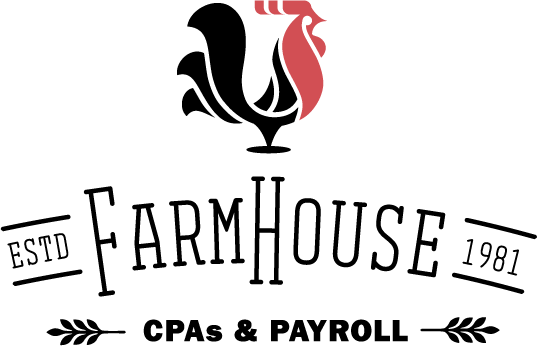Aid Package Signed Into Law
The much discussed aid package has been signed into law after significant delay and controversy. We'll be revisiting this topic in the coming days as the details become clearer. Meanwhile, here are the key takeaways:
A $600 check to many Americans. (The phase-out for individuals begins for those earning $75,000.) The amount is reduced by $5 for every $100 in additional income. If your 2019 income makes you ineligible but you made a lot less in 2020, you still may be eligible for the money in the form of a refundable tax credit.
Married, filing jointly, filers each get $600 if they are otherwise eligible. Head of household filers each get $600 with phase outs starting at $112,500. Minor dependents also get $600.You can predict your check with one of a variety of non-governmental calculators.
Additional unemployment benefits of $300 a week, lasting through mid-March.
Additional benefits for freelancers and gig workers.
A tax credit for employers offering paid sick leave.
$284 billion for businesses and revival of the Paycheck Protection Program, which ended some months ago.
Businesses that received PPP loans and had them forgiven faced tax confusion. The new law has made it clear such businesses will be allowed to deduct the costs covered by those loans.
Breaks for renters and homeowners: $25 billion in rental relief and an extension of the eviction moratorium through Jan. 31, 2021.
A ban on surprise medical bills, which sometimes occur when a patient unexpectedly gets care outside of a network. Going forward, insurance companies will have to work these out with providers.
Additional protections and aid for bankruptcy filers.
Mortgage forbearance--temporarily reducing or pausing payments for 180 days.
One of the smallest provisions is also one of the most divisive: the return of the 100% deduction of the so-called three-martini lunch — that is, an increased tax break for business lunches, which are currently at 50%. This applies to restaurant and takeout meals paid for in 2021 and 2022, according to analysis from Forbes, and is not retroactive.
According to the SHRM, key employer provisions include:
The ability for workers to roll over unused funds in their health and dependent care flexible spending accounts.
The expansion of employer-provided education assistance to include student loan repayment.
Employer tax credits for paid family and medical leave.
An extension of the employee retention tax credit.
Delays in deferred payroll tax payments.
What's Out
Several heavily debated items are off the table, although they may appear in bills in the near future. Their elimination was part of a series of compromises:
No aid for state and local governments.
No liability protections for businesses.
No checks for adult dependents.
No hazard pay for essential workers.
Although the bill is now law, it may take a while before all the details become clear. The IRS and other government departments will likely offer additional guidance, and again, we will have more on the law's provisions.
